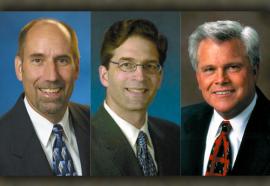Colorado Denies SmartGridCity Cost Recovery
Submitted by aburr on Sun, 2013-04-28 20:13The Colorado Public Utilities Commission (PUC) upheld an initial decision by an administrative law judge (ALJ) issued in January, which had recommended that Xcel Energy subsidiary Public Service Company of Colorado (PSCC) be denied any further rate recovery of SmartGridCity costs. The commission said the utility had been given ample opportunity to prove the prudence of the rising costs of the project but that the company had failed to do so.







